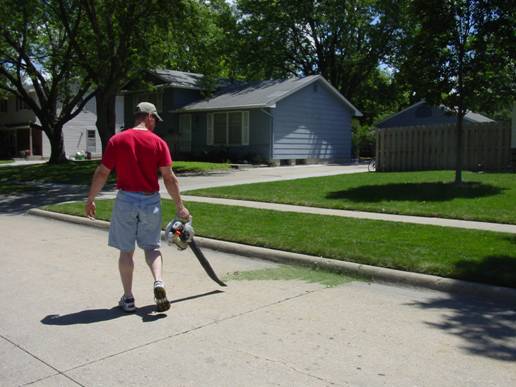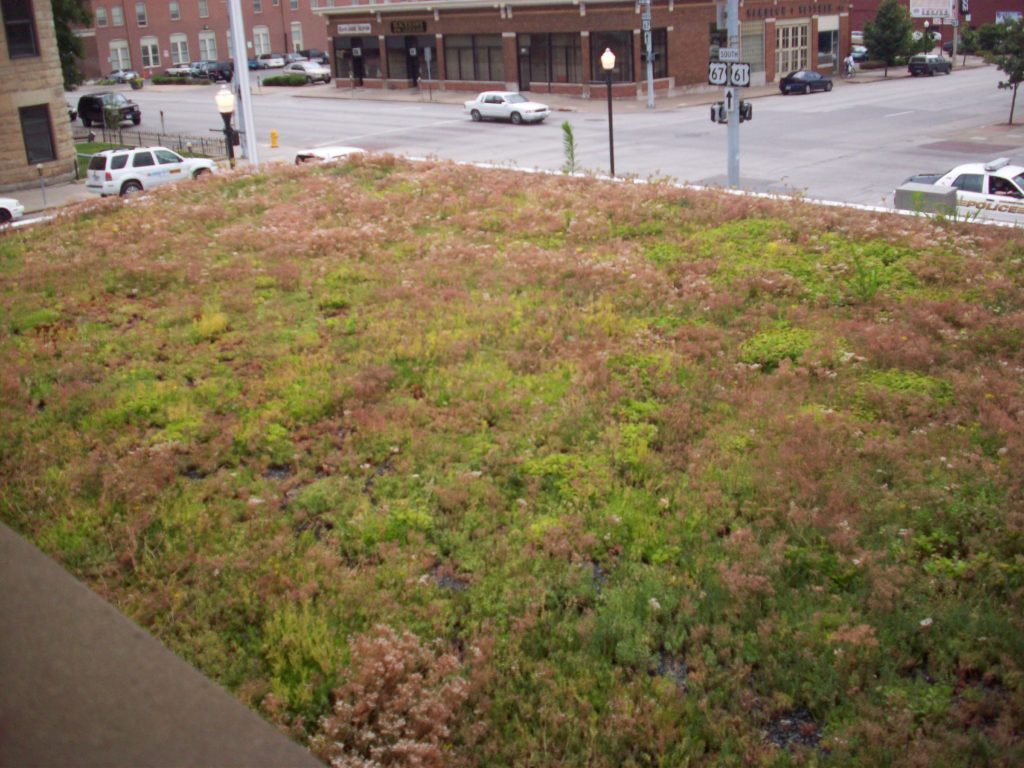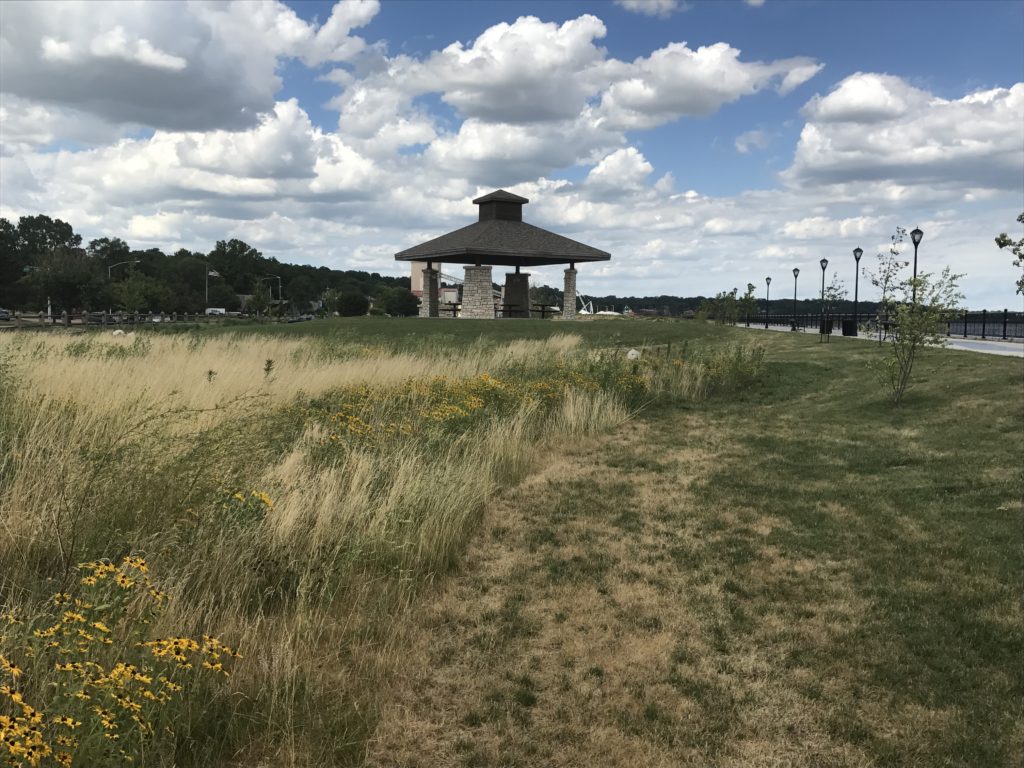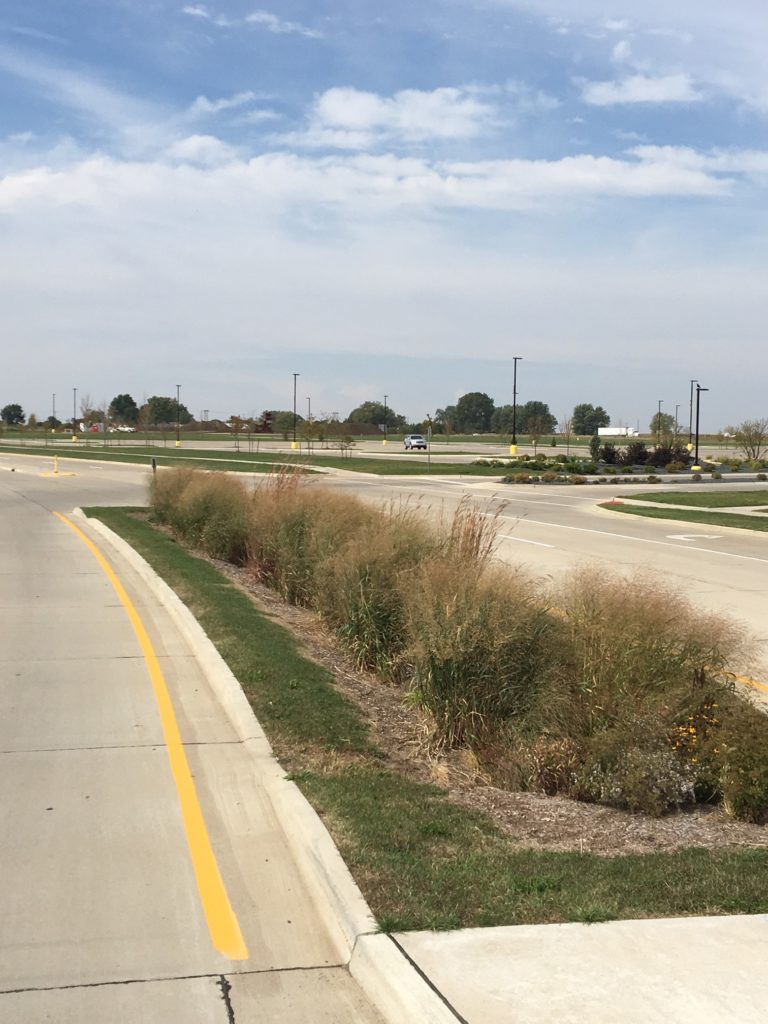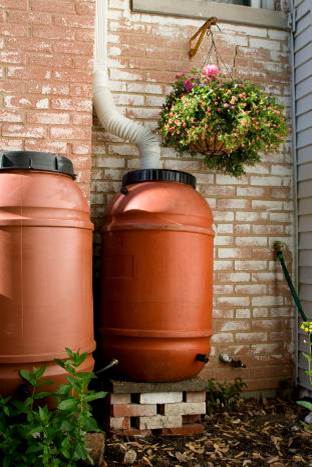Everyone contributes to the water quality in Scott County streams, rivers, and lakes. Below are tips for being part of the solution to pollution!
1. Keep the Streams Clean
Check out ways to take on litter with the City of Davenport here.
2. Take a look at Cost Share Programs for making your projects a reality!
3. Pick Up After Pets
Pick up after pets in your yard and when at parks and other public areas. Pet waste washes off the land into storm drains, polluting local streams, lakes, and rivers. Pet waste is a contributor to high levels of bacteria in Duck Creek. This can be a human health concern when people play and recreate in a polluted creek.
4. Maintain and Update Septic Systems
A septic system that is out of date, malfunctioning, or in need of maintenance can deposit human waste into our streams, lakes, and rivers. For detailed information on updating, repairing, or maintaining your septic system, visit the Scott County Health Department or Iowa DNR website.
5. Properly Dispose of Yard Waste
Dumping yard waste in ravines or streams causes water quality problems. The excess nutrients in yard waste pollutes our waterways and competes with aquatic life for dissolved oxygen. Participate in your community’s yard waste program and purchase bags and stickers for pick up, or start a compost pile and turn your yard waste and kitchen remains into rich organic matter for your garden.
6. Properly Dispose of Prescription Medication
Don’t flush prescription medications down the toilet. The United States Geological Survey found 80% of watersheds sampled nationally contained at least one type of pharmaceutical chemical, with half of streams containing seven or more! Many Pharmacies will take unwanted prescription medications. Residents of Scott County can dispose of pharmaceuticals at the Scott County Landfill or the Scott County Area Recycling Center, Monday-Friday, 7:30am-4:00pm. For detailed information, visit the Waste Commission of Scott County website.
7. Only Rain Down The Drain
Paints and other household cleaners and chemicals disposed in storm drains flow directly into local waterways. Residents of Scott County can dispose of oils, paints, household cleaners, and other hazardous materials at the Scott County Landfill or the Scott County Recycling Center FREE OF CHARGE by appointment. Residents can call 563-381-1300 to make an appointment.
8. Implement Watershed-Friendly Lawn Care
A large percentage of the chemicals applied to lawns, landscapes, and gardens end up in our waterways. Try alternative methods such as compost or organic treatments. Implement native lawns and landscapes that do not require chemicals. Read labels to ensure proper application, apply sparingly, and avoid areas near waterways.
9. Wash Your Car at a Car Wash
Although you may save a few bucks by washing your car at home, taking your car to a car wash saves water and prevents harmful chemicals from entering our watersheds. When you wash your car at home, those suds and cleaners are rinsed right down the driveway and into the storm drain, quickly finding its way to our rivers, lakes, and streams. Professional car washes, however, are legally required to send their water to sewer systems so the water can be treated before entering our environment.
10. Avoid Using Antibacterial Soaps
Most antibacterial soaps contain a chemical that, even after treatment, remains in the water and prevents it from breaking down other chemicals. Try using regular soap instead– the FDA says it’s just as effective! Learn more at www.fda.gov
No matter where you live, you can actively contribute to healthier watersheds! Click the links below to learn more:
